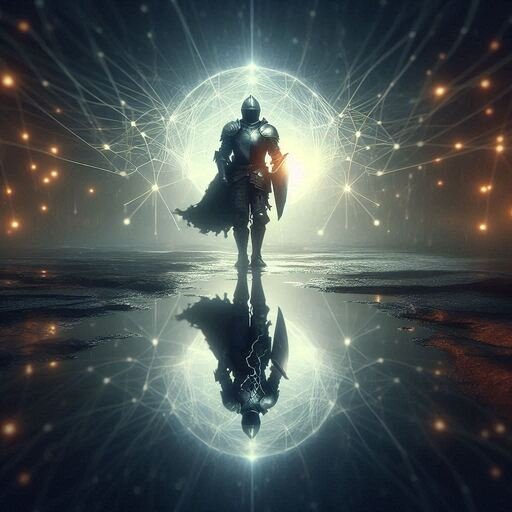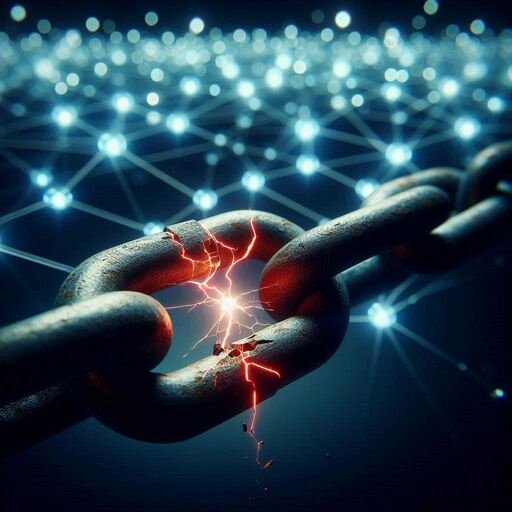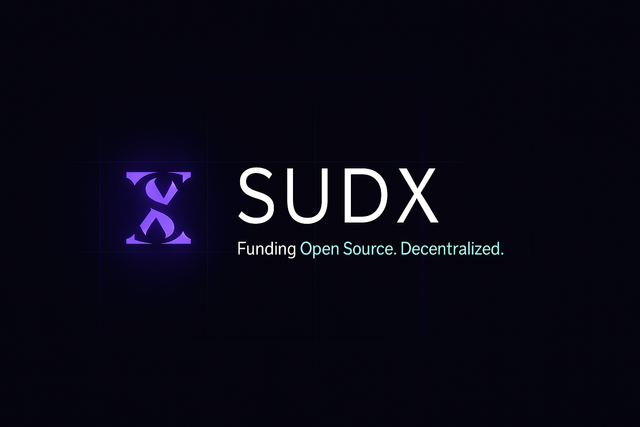The Watchman's Paradox: When Crypto Heroes Fall, Who Do We Trust?
Hello, Crypto Academy community!
In any new frontier, we look for heroes. We seek out the watchmen, the protectors who stand on the wall and shield us from the dangers lurking in the shadows. In the Wild West of crypto, these figures are often the analysts, the on-chain detectives, and the scam hunters who dedicate themselves to exposing fraud. We grant them our trust, believing their integrity is our shield. But what happens when the shield itself begins to crack?

The story of the on-chain analyst known as "Serpent" is a cautionary tale that resonates deeply with this theme. For a long time, Serpent was celebrated as a vigilante, a force for good who exposed numerous scams and protected countless users. The community placed immense faith in his judgment and his character.
However, the hero narrative took a dark turn when Serpent himself faced accusations of leveraging his trusted position for personal gain, allegedly promoting a project from which he secretly profited. This story, regardless of its final outcome, forces us to confront a deeply uncomfortable question: if even our most trusted watchmen can fall, where does that leave us?
This isn't just a story about one individual; it's a dramatic illustration of a fundamental vulnerability in human systems: the "single point of failure." The crypto and Web3 space was born from a deep-seated skepticism towards centralized authorities who have historically broken our trust. Yet, we often find ourselves recreating these old patterns, replacing trust in bankers and politicians with trust in influencers and on-chain gurus. The problem remains the same—trust placed in a fallible human is a fragile foundation for an entire ecosystem.

At SUDX, this principle is the bedrock of our vision. We are building an ecosystem for funding and developing open-source software that is not dependent on the reputation of a single founder or a small committee. Our protocol is designed around a Decentralized Autonomous Organization (DAO), where rules are encoded in smart contracts and decisions are made collectively by the community.
The goal is to create a system where the value and integrity of a project are guaranteed by transparent governance, not by the promises of a charismatic leader. By distributing power and control, a DAO minimizes the risk of a single point of failure, creating a more resilient and equitable environment for innovation to flourish.
This brings us to a crucial debate for the future of Web3. Where should we place our faith: in reputable individuals who have earned our trust, or in transparent, decentralized systems that are designed to be trustless? What do you believe is the right balance?
